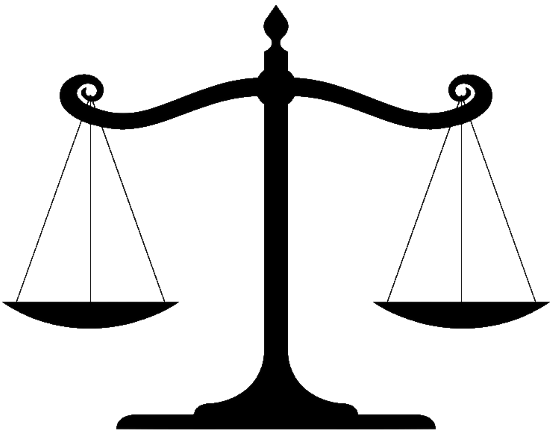
There are times when parties enter into a business transaction and when its time for enforcement of obligations under the contract parties would realise that there are certain misconception about the terms of the agreement.This can be in form of mistake.Mistake ,in contractual agreement ,is a belief that a fact exists whereas such fact does not exist.
The basic question raised by the subject of mistake is if one or both parties enter a contract under some misunderstanding will they be allow to set aside the contract aside on the ground that if they had known the true fact they would have not entered into the contract.The legal effect of Mistake in any contractual agreement is that the contract would be void and not enforceable and thus parties owes no obligation to be enforce by the court.
Mistake can be divided into two(2) with both having its own legal effect.Mistake can be either mistake of fact or mistake of Law.mistake of law is where one of the parties to the agreement is mistaken as to the application of the contract law.while mistake as to fact is where one of the parties or both is mistaken as regards to the terms of the agreement.it can be on the subject matter of the contract or currency for payment.it is important to note that as regards mistake as to Law,ignorance of the law is not an excuse.
Also,the general rule is that mistake as to the quality of the subject matter will not constitute mistake. For instance if Mr A bought a car on the belief that it is capable for going on long trip,in the absence of representation,Mr A cannot claim mistake,therefore not entitle to remedy.However for every rule there is an exception, where it is an express term on the contract as regards the quality,the innocent party
Mistake can be broadly divided into
1.Unilateral mistake
2.Mutual mistake
3.Common mistake
Common mistake
Under Common mistake ,both parties enter into the contract under the same mistake about the facts which formed the basis of the contract.it can be divided into
*Res extinta:it is where both parties believe the subject matter of the contract exist whereas such subject matter does not exist.In COURTURIER V.HASTIES,the subject matter was already sold at the port before before it got to Mr A who has already agreed with Mr B to sell the goods to him.The court held that there is mistake and therefore there is no contract.Also in BARROW ,LANE V. PHILIPS,the subject matter was 700 bags of Nuts unknown to the parties,there was only 541 bags in existence.The court held that the contract is void and unenforceable.
*Res sua:this is where the seller believe he has title of the subject matter whereas the buyer is the real owner of the subject matter.In COOPER V.PHIBBS,a contract to sell a fishery to Mr B who unknown to both parties already belong to Mr B.
Mutual mistake:
This is where what the offer or offered is fundamentally different from what the offeree accepted. There is no consensus ad idem that is no meeting of mind.In such situation ,there is no correspondence between the offer and acceptanceacceptance.The mistake must be fundamental as to result to a complete difference in substance between what the mistaken party want and get.
It is important to note that when the terms of the offer and acceptance is ambiguous, the court will set the contract aside on the ground of mistake.In WOOD V. SCARTH,the defendant offer a lease to the plaintiff for 60 pounds but did not inform of the extra 500 pounds as a premium he intend to include.The plaintiff thought his obligation is limited to 63 pounds.The court held that there is no mistake using a reasonable man test.
Unilateral mistake:
This is where only one party is mistaken or is presumed to have made mistake as to the fact.Generally, unilaterally mistake does not make the contract void.This is based on the common law rule CAVEAT EMPTOR which mean Buyer beware.